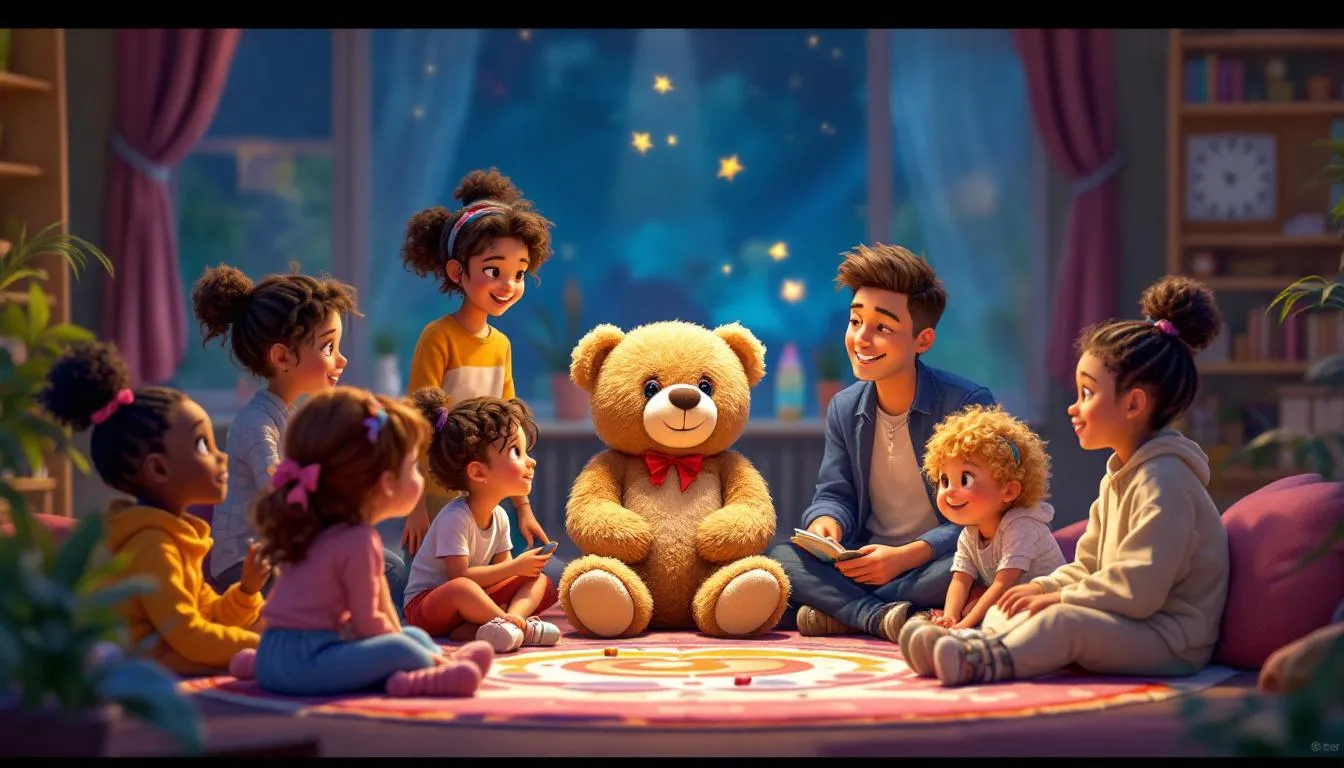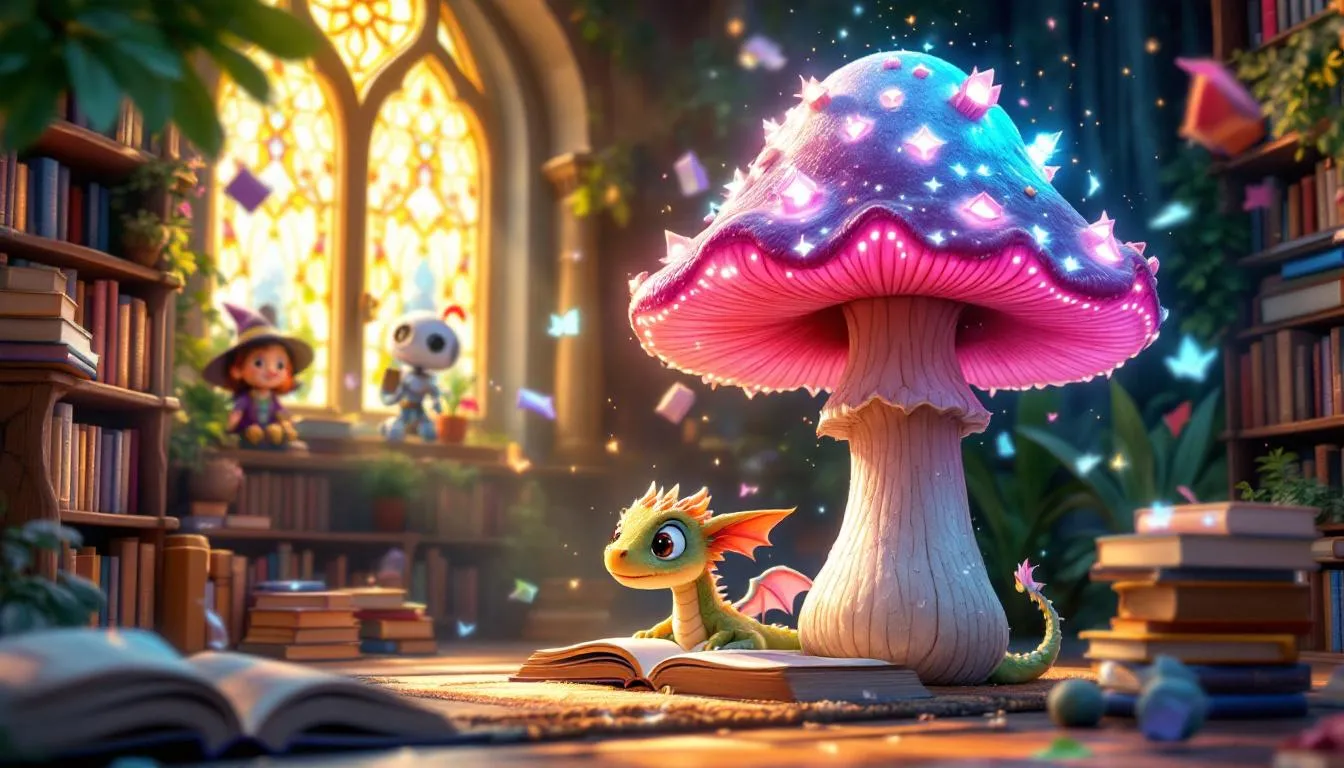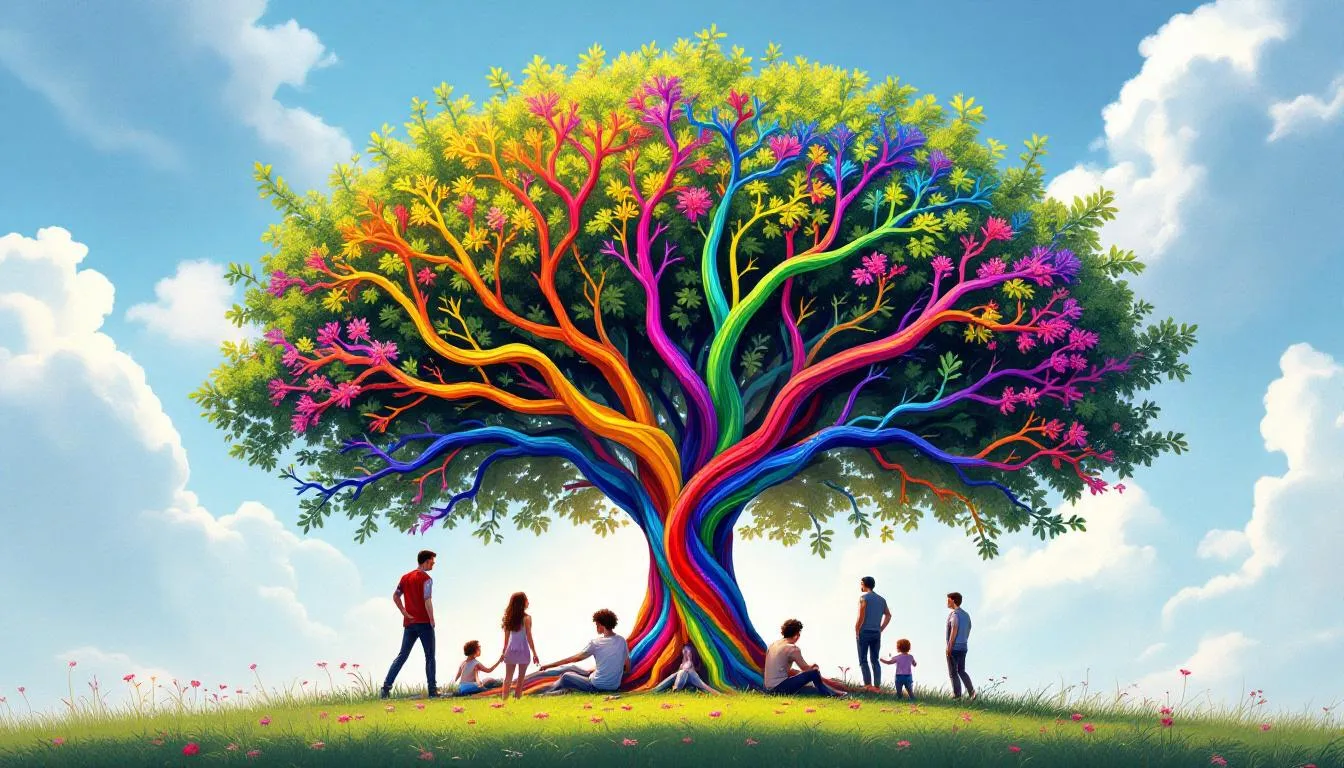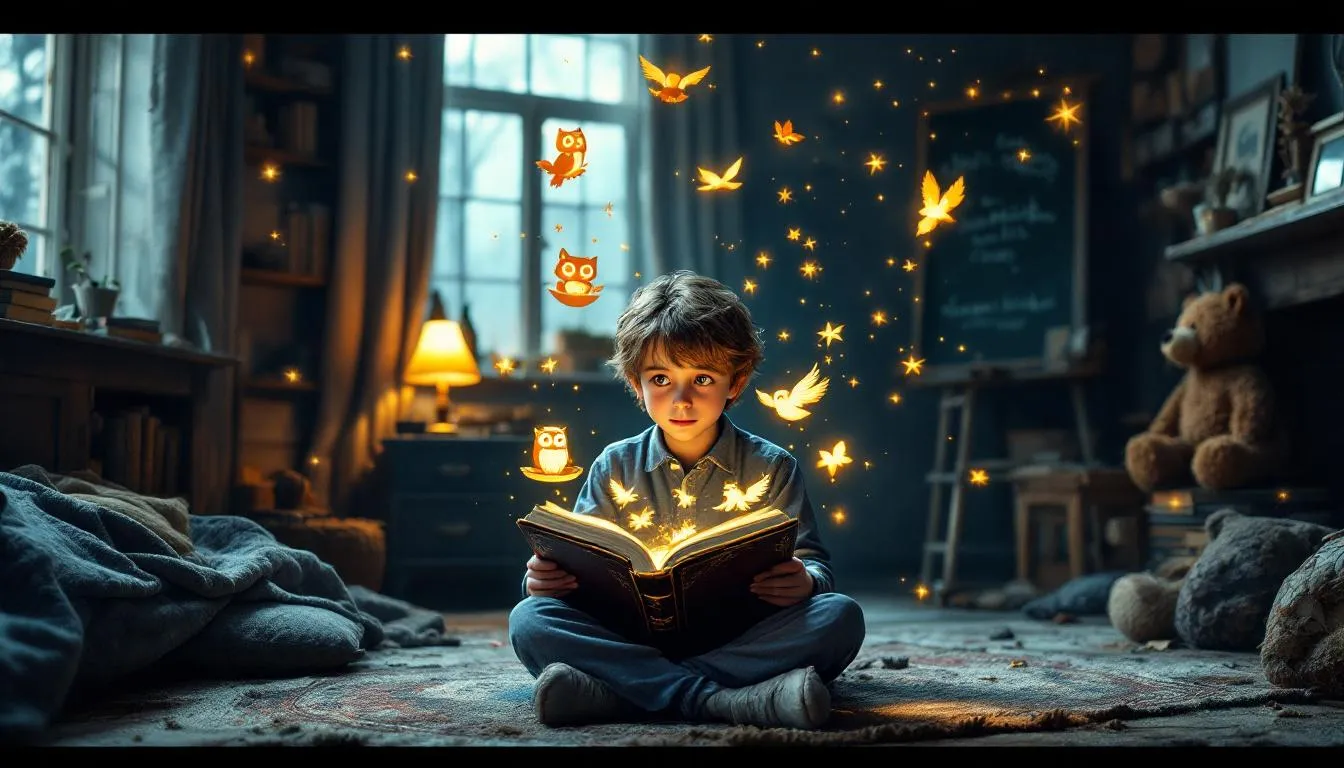Table of Contents
Quick Answer
Children often dream of seeing their names in the dedication of a book, a magical moment where they feel recognized and important. This desire arises from their need for personal recognition and the sense of belonging it provides. Books dedicated to them fulfill their intrinsic need for connection and validation. By understanding this, we can explore the motivations behind these feelings and how literature helps meet these emotional needs.
What Drives the Desire for Personal Recognition in Books?
Imagine being a kid, flipping through your favorite book, and suddenly there’s your name—bold and prominent on the dedication page. It’s like winning the literary lottery! But why do kids crave this moment? Let’s explore the driving forces behind this desire.
First, personal recognition offers an emotional and psychological boost. Kids, like adults, yearn to be seen and acknowledged. A book dedicated to them is a tangible expression of love and importance. Consider how a child’s face lights up when praised for their drawing. That same glow appears when they feel special, and seeing their name in a book mirrors that feeling.
Belonging is another key aspect. Every child wants to feel part of something bigger. When their name graces a dedication page, it connects them to the story, making them feel integral to the book’s universe. It’s like being part of an exclusive club, with the book as their secret handshake.
Imagination and identity play significant roles, too. Kids are still figuring out who they are, and stories help shape that identity. Seeing themselves in books, whether through a dedication or a character, helps them visualize their place in the world. I remember imagining myself as the hero when reading stories as a kid. It was thrilling to be the star of my own adventure, even if only in my mind.
Cultural and societal influences also come into play. We live in a world where standing out is celebrated, and kids are no different. They see movies, TV shows, and social media stars with their names in lights and naturally want a piece of that spotlight. Representation in media and literature is crucial, as it tells kids their stories matter, and they matter.
Personalized stories are the cherry on top. Think of books where a child’s name is woven into the narrative. They don’t just read the story; they live it. It’s like having a best friend who knows all your quirks and dreams because, in a way, the story is crafted just for them.
Understanding these dynamics helps us see why kids wish for such dedications and how literature serves as a bridge to connection. This naturally leads us to consider how stories themselves reflect this innate human need for connection.
How Does Literature Reflect Our Need for Connection?
Storytelling is a powerful tool that taps into our deep-rooted need for connection. From bedtime tales whispered by parents to the epic adventures in novels, stories have always served as a bridge between people, cultures, and generations. As a child, I eagerly sat at my grandmother’s feet, listening to her recount family legends. Those tales not only entertained but also made me feel connected to something larger than myself.
One magical aspect of literature is its ability to foster empathy and understanding. When children read, they immerse themselves in diverse worlds, experiencing life through the eyes of others. This perspective-building is crucial; it teaches kids to appreciate differences and empathize with others. Books like Charlotte’s Web or Harry Potter create a sense of belonging and community, even for readers who feel different or alone.
Dedication pages in books are like secret messages directly to the reader’s heart. Historically, dedications honored patrons or loved ones, but they’ve evolved to celebrate personal connections. I once received a book dedicated to me by a close friend, and that simple acknowledgment made the story feel like a shared experience. The personal impact of such dedications can be profound, making children feel cherished and part of the story.
As we explore how literature connects us, it’s equally important to understand why validation plays a crucial role in a child’s development. This connection shapes their self-esteem and identity.
Why Is Validation Important in Childhood Development?
Validation is a cornerstone of childhood development, closely tied to building self-esteem and confidence. When children feel recognized and valued, they begin to believe in their abilities and worth. I recall my own child beaming with pride after a simple compliment on their drawing—a small validation that spoke volumes to their self-worth. This sense of being “good enough” propels them to take on new challenges with courage and enthusiasm.
Validation also plays a critical role in developing social skills and emotional intelligence. Children who receive positive reinforcement tend to be more empathetic and better at understanding others’ emotions. Picture a child in a classroom sharing toys and listening attentively to friends. These skills are often nurtured by an environment that recognizes and appreciates their efforts, leading to healthier social interactions.
Furthermore, recognition can significantly influence motivation. When kids feel their accomplishments are acknowledged, they’re driven to achieve more. It’s like when a child gets a gold star for reading a book—they’re more likely to pick up another one. This motivation isn’t just limited to academics; it extends to all areas of life, encouraging children to explore and grow.
Finally, validation encourages a love for reading and learning. When books feel personal, children are more inclined to engage with them. This personalized connection can turn reluctant readers into avid book lovers, eager to dive into new stories.
Understanding the importance of validation helps us pave the way for fostering these connections. With the right encouragement and support, we can create environments where children feel valued and inspired to learn and grow.
How Can Parents and Educators Foster This Connection?
Parents and educators play a crucial role in nurturing a child’s love for literature and the connections it fosters. Here are some effective strategies to make reading a more personalized and engaging experience:
- Personalizing the Reading Experience: Tailor books to the child’s interests. If your child loves dinosaurs, explore a world of T. rex tales. This approach not only makes reading enjoyable but also reinforces their passion for the subject.
- Creating Custom Stories and Book Dedications: Turn bedtime stories into personalized adventures. I once crafted a tale where my child was the hero saving a magical kingdom. The simple act of inserting their name into the story made it unforgettable. For an even more unique experience, consider services like KidTeller, which creates a personalized storybook where your child is the hero. Just upload a photo, and they’ll generate a custom book filled with adventures made especially for your toddler or young child – magical, memorable, and uniquely theirs. You can also dedicate stories to your child, creating a keepsake they’ll treasure.
- Incorporating Diverse and Relatable Characters: Choose books with characters that your child can relate to or learn from. Stories featuring diverse characters and backgrounds teach inclusivity and empathy. A book that mirrors a child’s experience can be a powerful tool for self-affirmation.
- Encouraging Active Participation in Storytelling: Involve children in the storytelling process. Ask them to predict what happens next or create alternate endings. This active engagement not only boosts creativity but also strengthens comprehension skills.
- Activities for Creative Expression and Reflection: Encourage kids to draw scenes from a story or write their own tales. My child loves creating comic strips based on the books we read together. These activities allow them to express their understanding and imagination, reinforcing the lessons learned.
Each of these strategies helps build a stronger connection to literature and the world around them, laying the foundation for a lifelong love of reading. As we look to the future, there are key insights we can gather to further enhance this journey.
Key Takeaways
- Kids value seeing their names in books for the personal recognition and connection it fosters.
- Storytelling helps children develop empathy and explore their identities through diverse narratives.
- Validation boosts a child’s self-esteem, encouraging them to learn and grow with confidence.
- Parents and educators can personalize reading experiences to strengthen a child’s bond with literature.
Embrace the magic of storytelling with your child, and watch them grow into confident, empathetic individuals ready to explore the world through the power of books.







